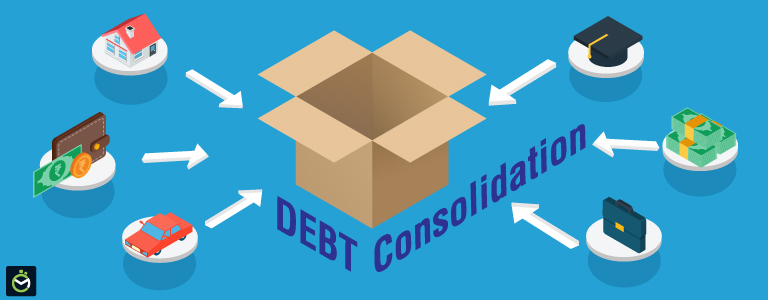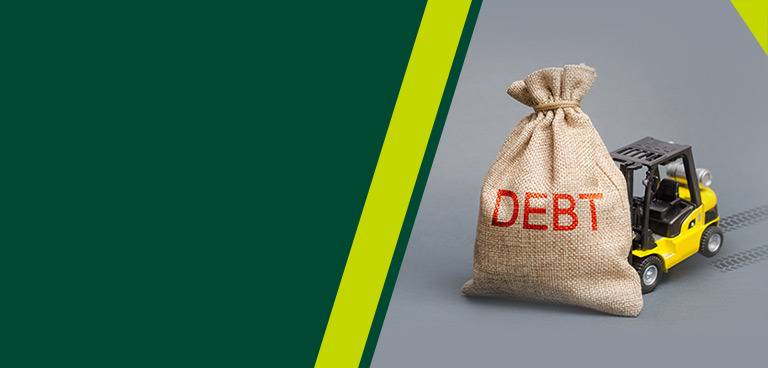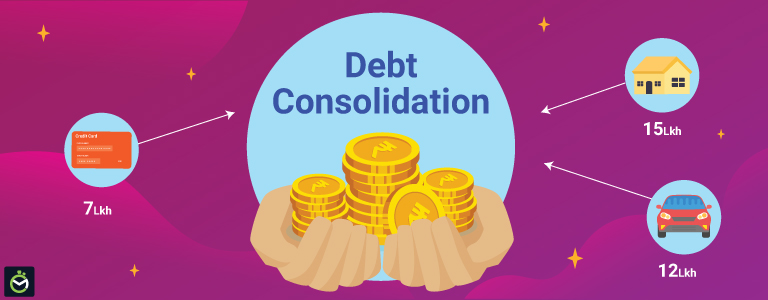AUTHOR : SELENA GIL
DATE : 23/12/2023
Introduction
Debt consolidation involves merging multiple debts into a single, manageable payment, often through a loan or a structured payment plan. India faces a prevalence of various debts, from personal loans to credit card debts, leading to financial strain on individuals and families. Consolidating these debts becomes crucial for effective financial management.
Challenges in Managing Multiple Debts
Understanding Payment Processors for Debt Consolidation
In India, individuals grapple with diverse forms of debts, including high-interest credit cards, personal loans, and more. These debts collectively contribute to the financial burden, affecting one’s credit score and financial well-being.
Payment processors[1] serve as pivotal tools in the realm of debt consolidation. They facilitate the seamless management and repayment of debts by acting as intermediaries between individuals and their creditors.
Key Features of a Reliable Payment Processor
Choosing the Right Payment Processor for Debt Consolidation
Reliable payment processors boast stringent security measures, ensuring the safety of financial data. Additionally, their integration with multiple lenders and a user-friendly interface enhances their utility in Debt consolidation[2] efficiently.
Selecting an apt payment processor requires a comprehensive evaluation of available options. debt collections technology platform[3] Factors such as security, ease of use, and compatibility with lenders play a pivotal role in making an informed choice.
Benefits of Using Payment Processors in Debt Consolidation

Impact of Payment Processors on Debt Repayment Strategies
Employing Payment Methods[4] streamlines the payment process, simplifying financial management for individuals. It allows for a more organized approach towards debt repayment, leading to better financial control. The utilization of payment processors accelerates debt payoff by enabling individuals to devise structured repayment plans. This, in turn, fosters a disciplined approach towards managing debts.
Tips for Using Payment Processors Effectively
Popular Payment Processors for Debt Consolidation in India
Effectively leveraging Payment system[5] involves prudent financial management. It necessitates meticulous planning to avoid falling into further debt traps while managing existing financial obligations efficiently. This company provides a secure platform with comprehensi bve integration options, check a hassle-free consolidation experience.
Customer Experience and Reviews
Known for its user-friendly interface, Company B offers tailored solutions for individuals seeking to consolidate their debts efficiently. Users’ testimonials and feedback shed light on the success and reliability of payment processors, aiding potential users in making informed decisions.
Future Trends in Payment Processors for Debt Consolidation

As technology evolves, payment processors are anticipated to undergo advancements, introducing innovative features that further simplify debt consolidation processes in India.
How Debt Consolidation Impacts Credit Scores
Debt consolidation, when managed effectively through payment processors, can have a positive impact on credit scores. By streamlining payments and reducing the risk of missed or late payments, it reflects positively on credit reports. However, it’s crucial to continue making timely payments and avoid accumulating additional debt to maintain an improved credit score
Negotiating Lower Interest Rates through Payment Processors
Payment processors typically act as facilitators for debt payments and merging. rather than negotiators for interest rates. They streamline payments but may not directly negotiate rates with creditors. However, some specialized debt consolidation services might offer negotiation options, but it’s essential to verify such provisions beforehand.
Contingencies for Failed Payments by Payment Processors

In the event of a payment processor failing to make a scheduled payment to a creditor, users should immediately contact both the processor and the creditor. Most payment processors have customer support to address such issues promptly. It’s advisable to have a backup plan to cover missed payments to avoid penalties or negative effects on credit.
Suitability of Payment Processors for Different Debts
Payment processors are typically effective for unsecured debts like credit card, personal loans, or medical bills. However, secured debts, such as car loans or mortgages, might not always be suitable for consolidation through payment processors due to their complex nature and collateral involvement.
Conclusion
In conclusion, payment processors serve as indispensable tools for individuals in India grappling with multiple debts. Their role in streamlining debt repayment, enhancing financial management, and paving the way for a debt-free future cannot be overstated.
FAQs
- How does debt consolidation through payment processors affect credit scores?
- Are there any risks associated with using payment processors for debt consolidation?
- Can payment processors negotiate lower interest rates on behalf of users?
- What happens if a payment processor fails to make a scheduled payment to a creditor?
- Is debt consolidation through payment processors suitable for all types of debts?




